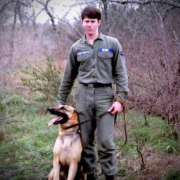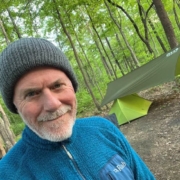It’s All About the Engine, Part 2 | Healthy Aging Series: S10 E2
So, You Can’t Find Your Keys? Forget About it! It was 1978. I was a sergeant in the Air Force, stationed at Osan, Airbase Korea. I was a dog handler, which means I was assigned a patrol dog, a German Shepherd named Static. Periodically, we engage in joint training exercises with the Republic of Korea…




